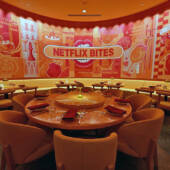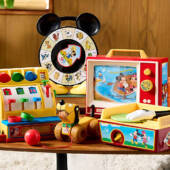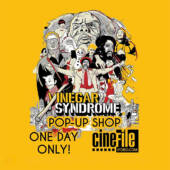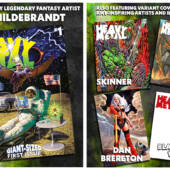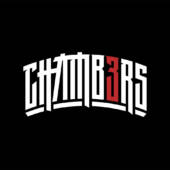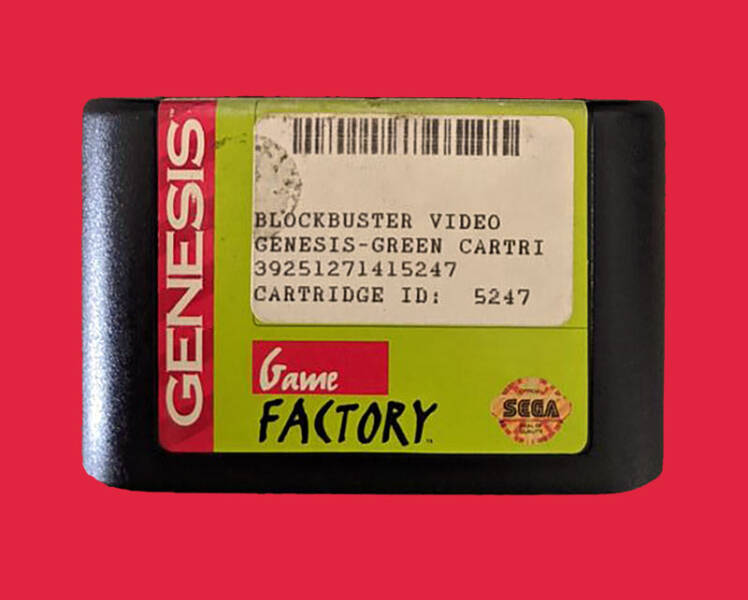Blockbuster Video Launches Rewritable Game Cartridge Rental Test at Columbia, South Carolina Locations
Game Release Dates, Milestones | Aug 10 - Aug 15, 1994
Blockbuster Video, Fairway Technologies, NewLeaf Entertainment, SEGA
Between August 10 and 15, 1994, national home video retail chain Blockbuster Video launched a test program for Game Factory, their rewritable Sega Mega Drive cartridge service. Developed through a collaboration between Blockbuster, Sega of America and NewLeaf Entertainment, Game Factory was a novel idea in the world of home rentals. The ambitious service was critically well-received, but suffered from a number of problems and had its planned nationwide rollout eventually cancelled.
The on-demand rental service was test-marketed at ten Columbia, South Carolina Blockbuster Video locations, along with a single location in NewLeaf’s hometown of Boca Raton, Florida. The nascent service featured rewritable green and blue cartridges that were programmed at store kiosks. Customers typed in the name of the game they wanted to rent and the cartridge was written in real-time. The kiosks also featured previews of available game titles. When the cartridge was ready, customers would take the rental home, play the game, and finally return the tape to be reused.
The cartridges were manufactured by NewLeaf Entertainment subsidiary Fairway Technologies exclusively for Blockbuster, with two options offered: a green-labeled version (NL103) which could store up to 16 megabits; and a blue-labeled version (NL102) which could hold 32 megabits. Both cartridges used a standard NTSC Genesis cartridge shell. A third option, labeled with NewLeaf’s logo (NL101) also exists, but appears not to have been intended for general consumers.
Games available for the test launch included Earthworm Jim, The Jungle Book, The Lion King, Mighty Morphin Power Rangers, Monopoly, Pitfall: The Mayan Adventure, and Spider-Man and Venom: Maximum Carnage.
The process of writing a cartridge with a new title took approximately 45 seconds, which was one of a number of issues with the launch. In addition to the relatively long wait time, many of the top game publishers of the era didn’t want to participate, leaving only select Sega titles available for rent. Viacom also purchased Blockbuster in 1994, giving the company access to a larger pool of resources and financing. The purchase reduced the need to invest in emerging technologies in order to stay profitable. These issues and developments forced Blockbuster to cancel the planned national rollout, even after spending a large sum of money on advertising the service, even hiring comedian Dennis Miller as a spokesperson for a series of television spots.

